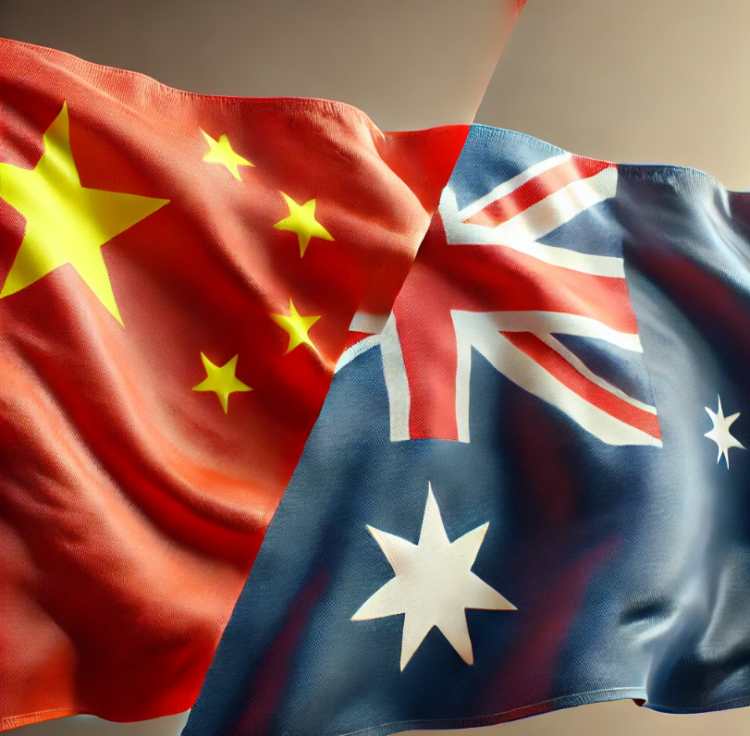China has accused Australia of spreading "false narratives" and provoking tensions following an aerial confrontation over the South China Sea, where a Chinese military jet released flares near an Australian surveillance aircraft earlier this week.
Australian defense officials said Tuesday that a Chinese People's Liberation Army (PLA) J-16 fighter jet deployed flares within 30 meters of a Royal Australian Air Force (RAAF) aircraft conducting what Canberra described as "routine surveillance" in international airspace. The incident, which did not result in injuries or damage, prompted Australia to lodge formal objections with Beijing.
On Friday, Chinese defense ministry spokesperson Zhang Xiaogang rejected Australia's account, accusing the Australian aircraft of "deliberately infringing upon China's rights" in the region and portraying itself as a victim. "Australia deliberately infringed upon China's rights in the South China Sea and provoked China, yet it was the villain who complained first, spreading false narratives," Zhang said.
Zhang characterized the Chinese jet's actions as "reasonable" and a legitimate measure to defend China's sovereignty. He also called on Australia to restrain its military forces, warning against "stirring up trouble" in the South China Sea.
Australian officials have firmly defended their operations. Defense Minister Richard Marles said the Australian aircraft was flying in accordance with international law. "We do it in accordance with international law," Marles said in an interview with ABC. "We're not the only country that does it. But it is really important that we are asserting the rules of the road, as it were."
Marles described the incident as dangerous, highlighting that the flares released by the Chinese jet could not have been precisely controlled. "There was no way that the pilot of the Chinese J-16 could have been able to control where the flares then go," he said.
The dispute underscores broader tensions over the South China Sea, a strategically vital region where China asserts sweeping territorial claims that conflict with those of Brunei, Indonesia, Malaysia, the Philippines, and Vietnam. China rejects a 2016 ruling by the Permanent Court of Arbitration in The Hague that found its claims lacked legal basis under international law.
The Philippine foreign ministry expressed concern over the incident, citing what it described as "unsafe maneuvers" by the Chinese aircraft. "All countries are expected to respect freedom of navigation and overflight in and above international sea lines of communication, such as the South China Sea," the ministry said in a statement.
The confrontation comes as military interactions in the region grow increasingly fraught. Australian Prime Minister Anthony Albanese reiterated that Canberra considered China's actions "unsafe" and had conveyed its concerns directly to Beijing.






